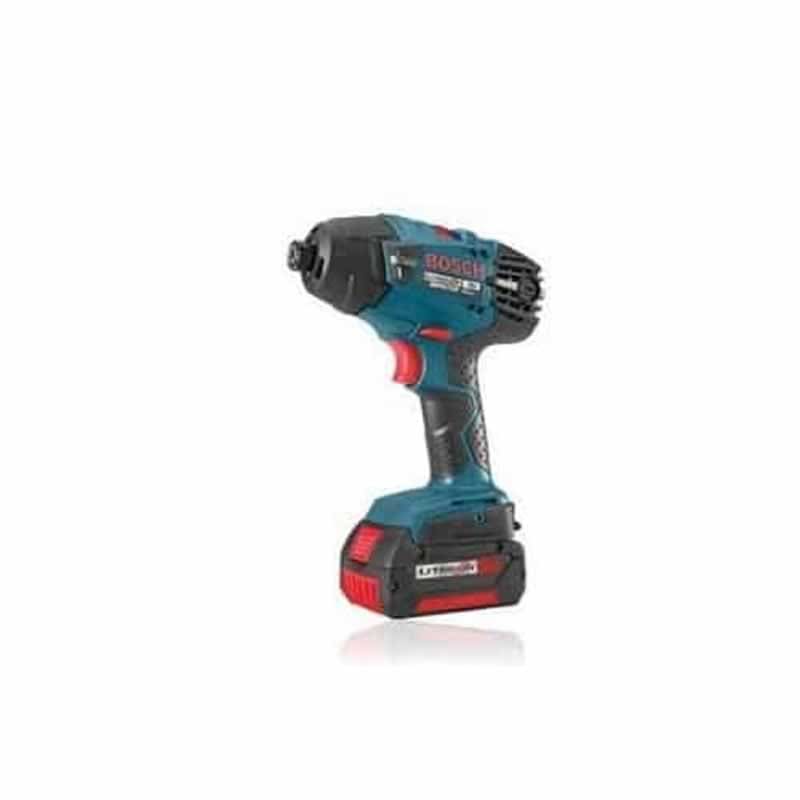Maintaining a warehouse is a huge task. Not only do you have to keep the space clean and organized, but you also have to make sure that all of the equipment is in good condition. If you don’t take care of your warehouse, it will quickly become cluttered and unusable.

In this blog post, we will discuss some tips for keeping your warehouse in excellent condition.
1. Keep the floors clean and free of debris
The first step to keeping your warehouse clean is to make sure the floors are free of dirt, dust, and debris. Sweep and mop the floors on a regular basis, and use a power washer to remove any stubborn stains. You should also consider sealing the concrete floor to protect it from wear and tear. It would be also smart to hire industrial concrete floor polishing services to ensure you have a professional-looking warehouse. Also, don’t forget to clean under and behind equipment so that dirt and dust don’t accumulate.
2. Organize the space
A cluttered warehouse is a dangerous warehouse. Make sure that you have a place for everything, and that everything is in its place. Invest in some shelving units and storage bins so that you can properly organize your inventory. This will not only make it easier to find things, but it will also prevent items from being damaged by being stacked on top of each other. This is especially important if you have fragile items in your warehouse. This will also help you make the most of your space so that you can easily move around and access everything.
3. Keep an eye on the equipment
Your warehouse likely has a lot of expensive equipment, such as forklifts and pallet jacks. It’s important to regularly maintain this equipment to prevent it from breaking down. This includes things like changing the oil, checking the tires, and making sure the battery is charged. You should also create a maintenance schedule for each piece of equipment so that you don’t forget to check it regularly. By taking good care of your equipment, you can extend its lifespan and avoid costly repairs.

4. Inspect the building regularly
It’s important to inspect your warehouse regularly for any damage or potential hazards. Look for things like cracks in the walls or ceiling, loose boards, and exposed wires. If you notice any problems, be sure to fix them right away. It’s also a good idea to have a professional inspection once a year so that you can catch any problems before they become serious.
5. Invest in security
Your warehouse likely contains a lot of valuable inventory, so it’s important to invest in some security measures. This includes things like alarm systems, security cameras, and motion sensor lights. By taking these precautions, you can deter criminals and protect your inventory. This is especially important if you have expensive equipment or valuable items in your warehouse. Moreover, you should also have a security plan in place in case of an emergency. This way, you can quickly and safely evacuate your warehouse if necessary.
6. Use proper lighting
Good lighting is important for any workspace, but it’s especially important in a warehouse. Poor lighting can lead to accidents, so be sure to invest in some high-quality light fixtures. You should also use task lighting for specific areas, such as where you’re working on repairs or where inventory is stored. This will help you see what you’re doing and prevent accidents. Moreover, good lighting will also help improve the overall appearance of your warehouse.
7. Keep the temperature consistent
Temperature fluctuations can damage inventory and equipment, so it’s important to keep the temperature in your warehouse consistent. This means using air conditioning in the summer and heating in the winter. Investing in a climate control system will help you keep the temperature at a comfortable level. This is especially important if you have sensitive items in your warehouse. By keeping the temperature consistent, you can prevent damage and extend the lifespan of your inventory.
8. Implement a pest control program
Pests can damage inventory and spread diseases, so it’s important to keep them out of your warehouse. Implement a pest control program to regularly check for and remove pests. This should include things like sealing up cracks and holes, removing food sources, and using traps or chemicals. You should also have a plan in place for dealing with infestations. By taking these precautions, you can protect your inventory and keep your warehouse safe.
Maintaining a warehouse is a lot of work, but it’s important to do in order to keep everything running smoothly. By following these tips, you can keep your warehouse in excellent condition and avoid any costly repairs or accidents.






